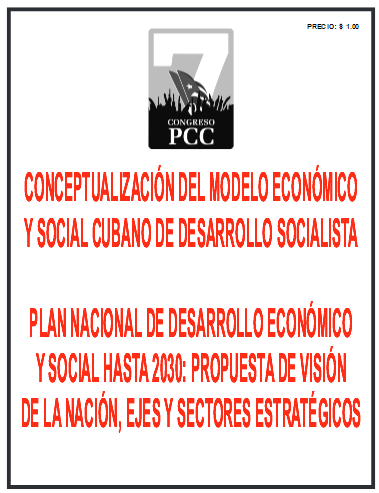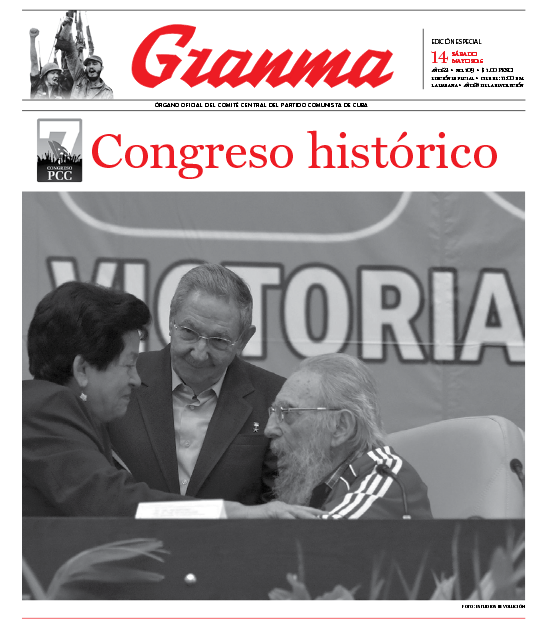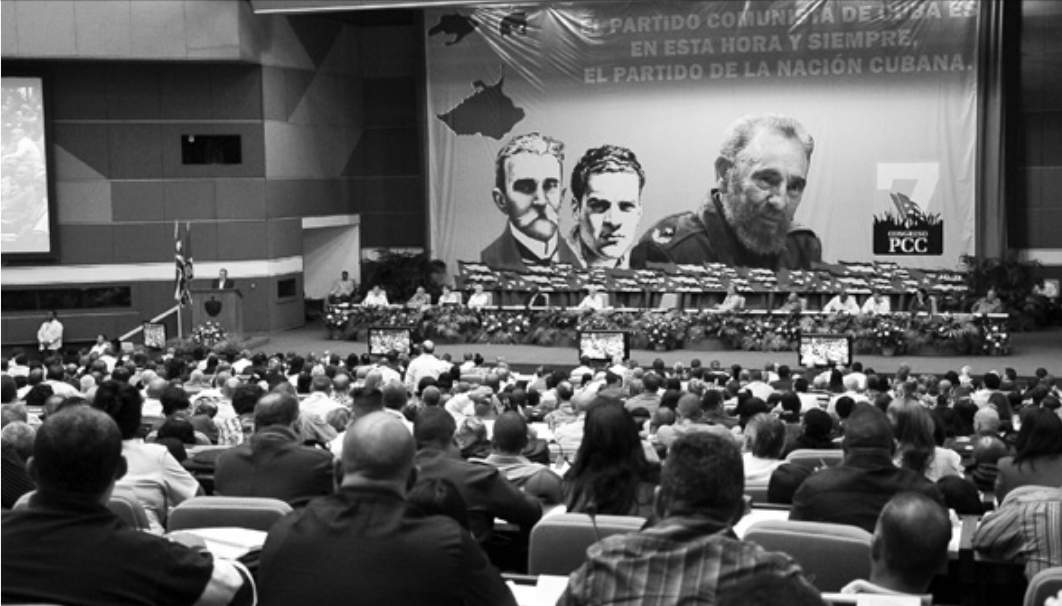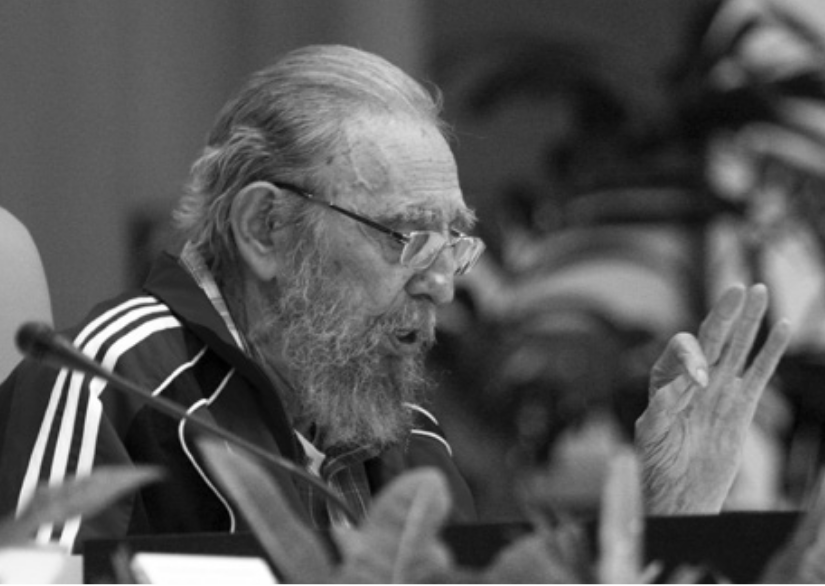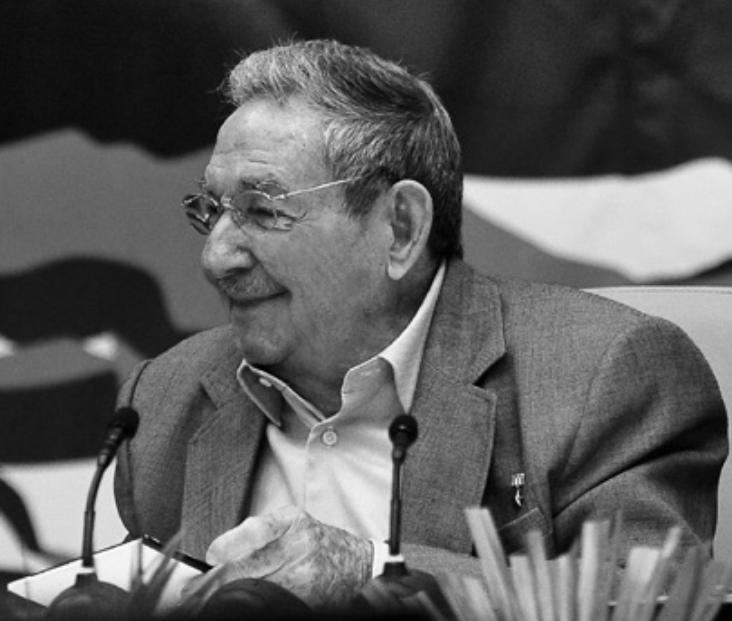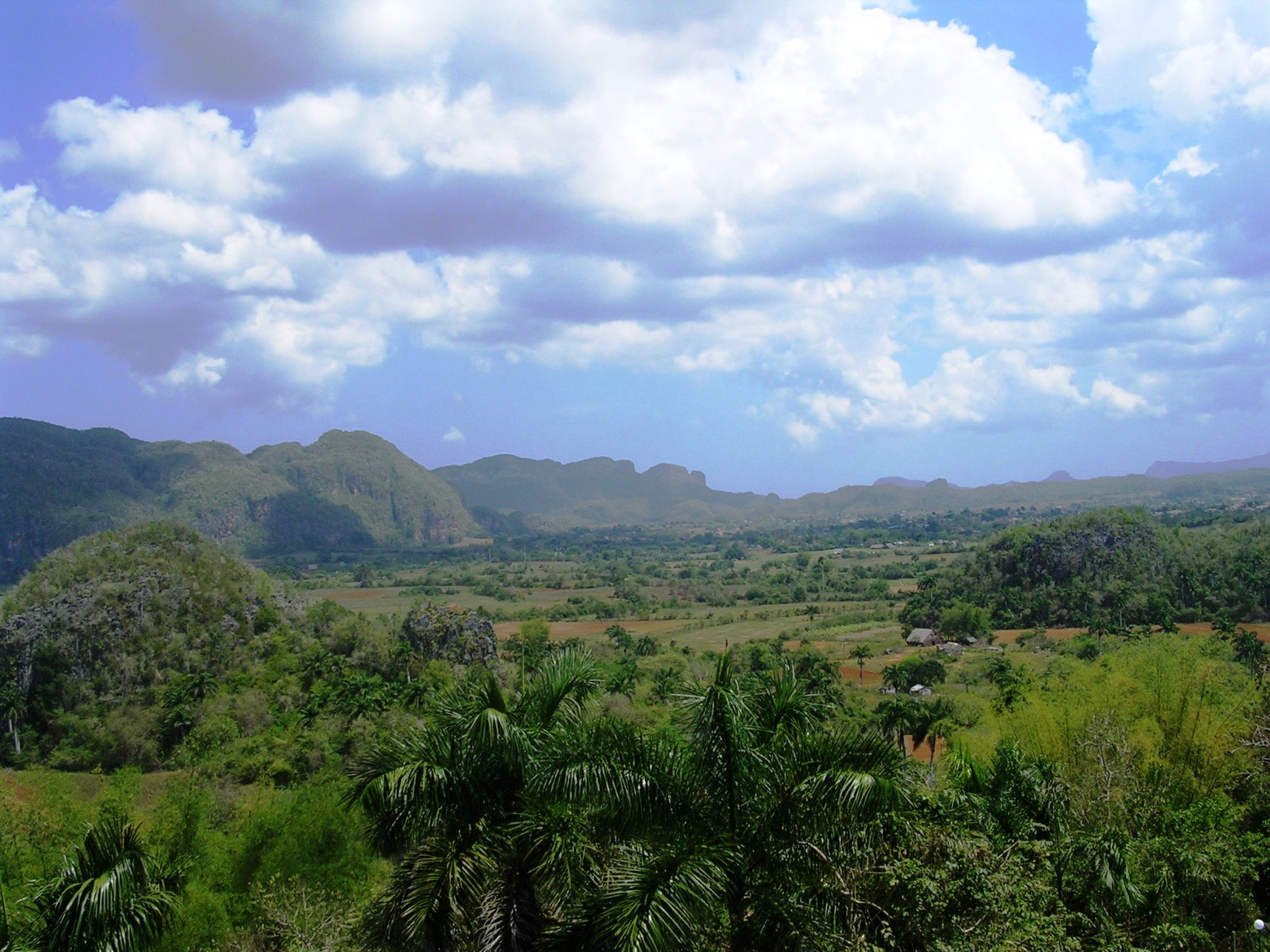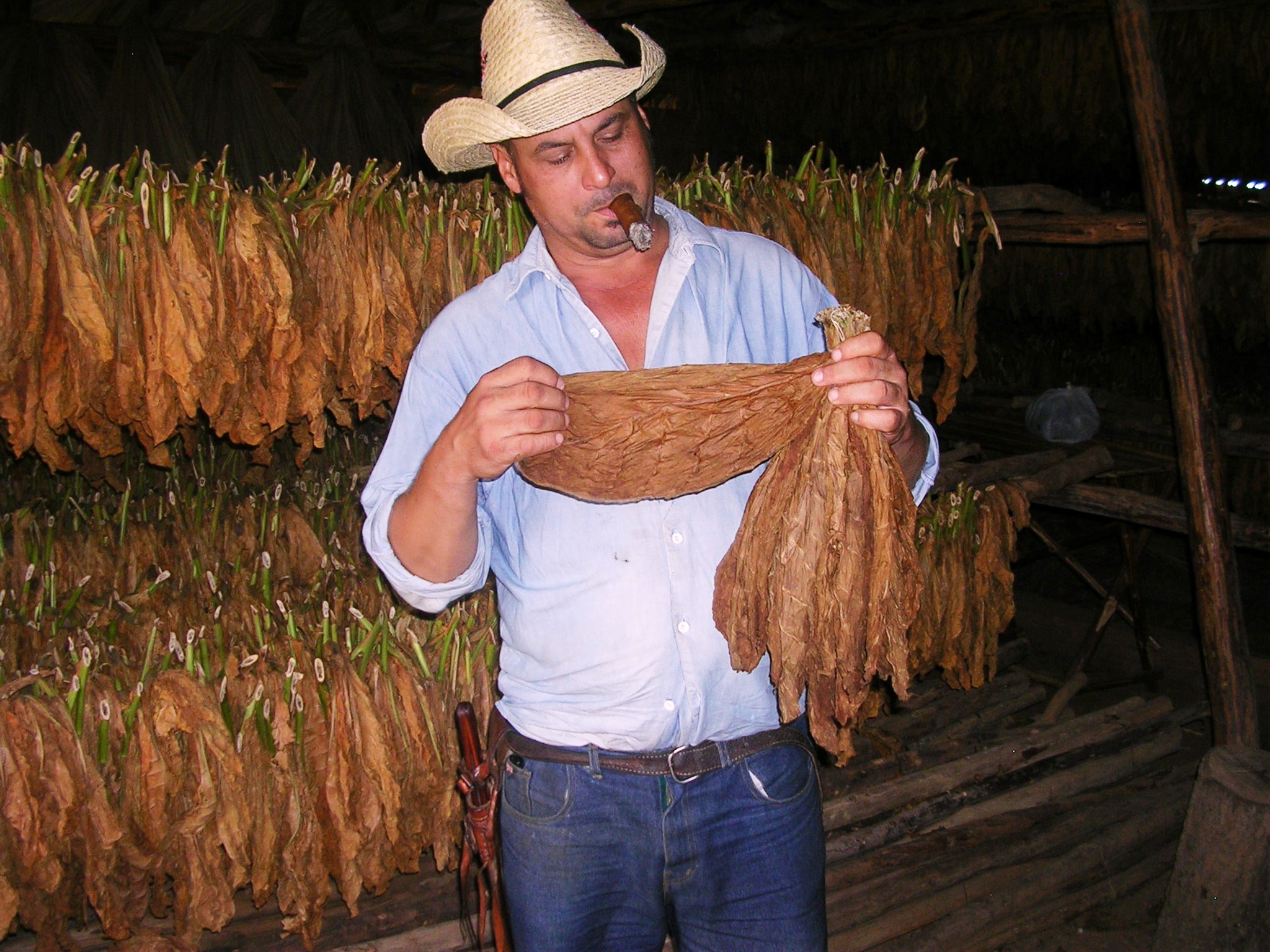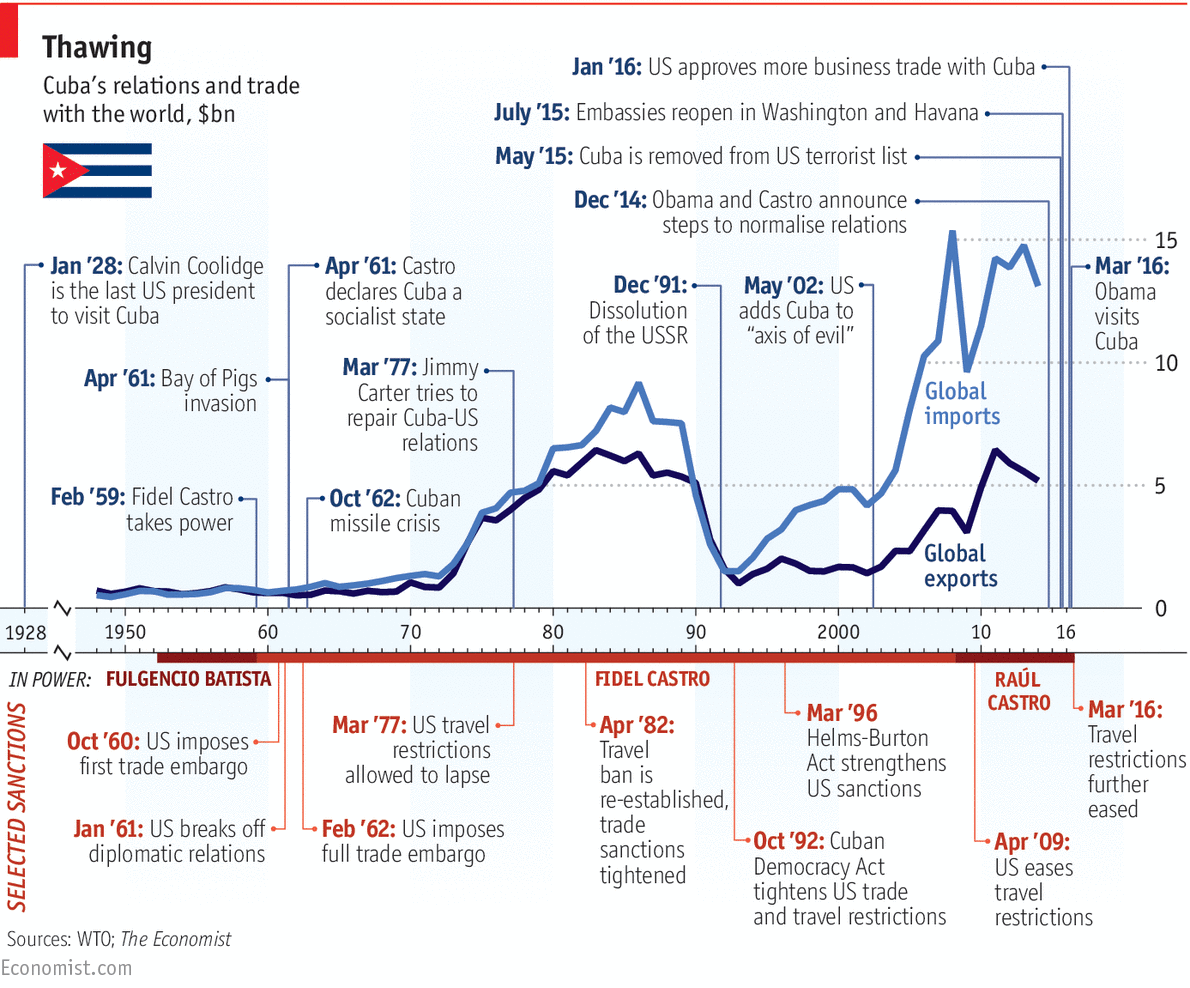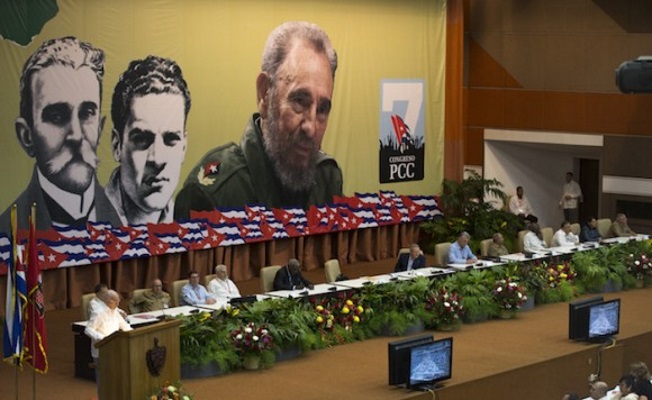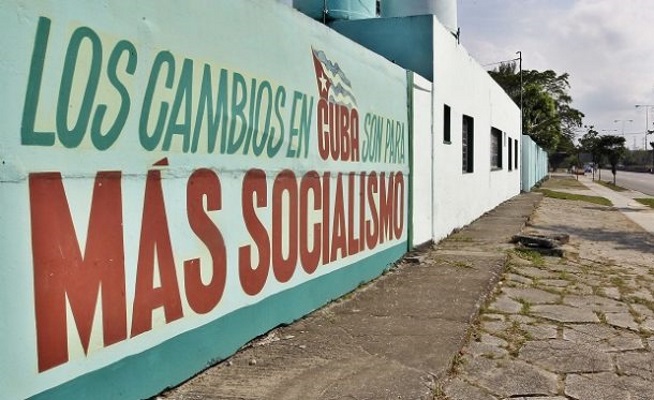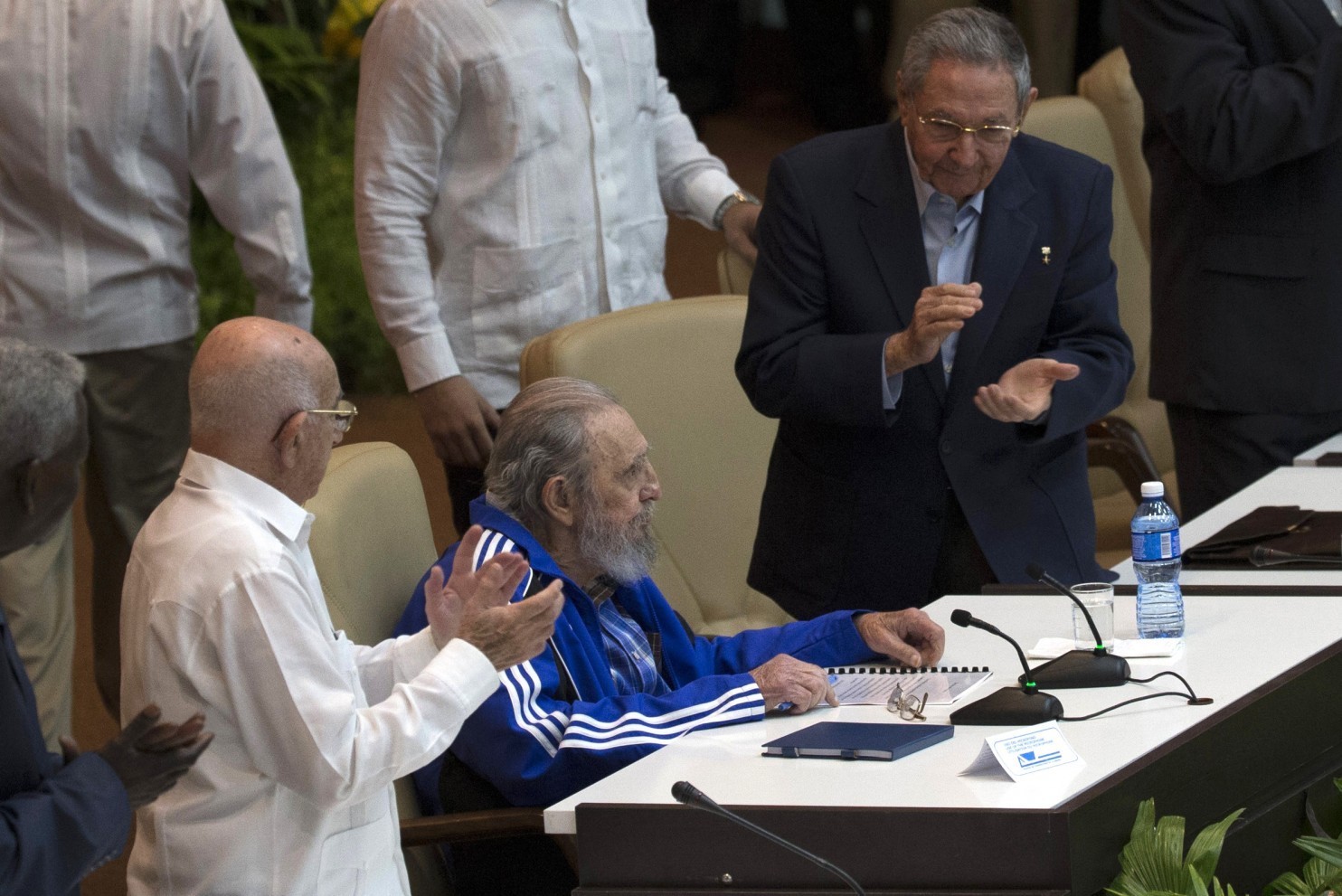Jueves, mayo 26, 2016 | Miriam Celaya |
Original Article: El Nuevo Evangelio,
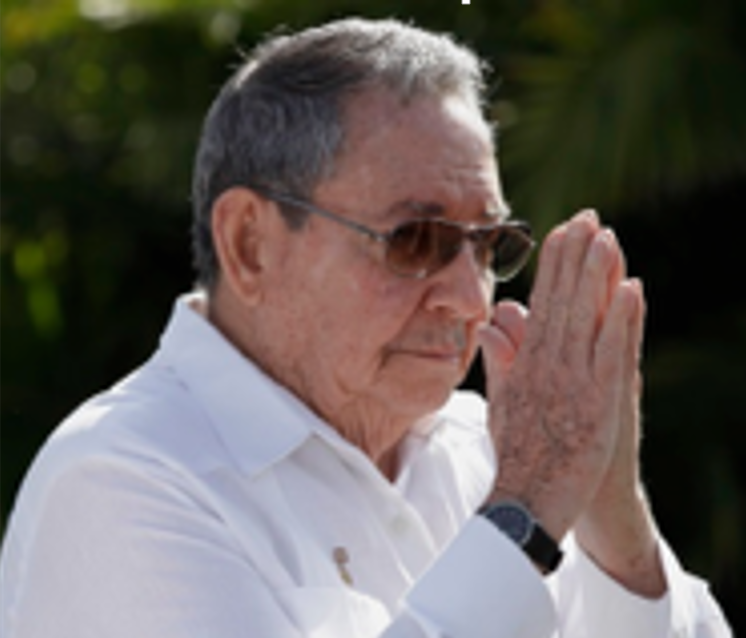
Raúl Castro habría deslizado los designios del PCC en el tabloide con los documentos analizados y aprobados durante el VII Congreso
LA HABANA, Cuba.- El partido-estado-gobierno cubano acaba de publicar un tabloide que contiene dos de los documentos raigales analizados y aprobados durante el VII Congreso del PCC, el pasado mes de abril de 2016. Se trata del Proyecto de Conceptualización del Modelo Económico y Social Cubano de Desarrollo Socialista y delProyecto Plan Nacional de Desarrollo Económico y Social hasta 2030: Propuesta de Visión de la Nación, Ejes y Sectores Estratégicos.
Sin dudas, estamos ante un caso de “desclasificación parcial”, teniendo en cuenta que los cuatro documentos aprobados en el rito oculto de abril tuvieron un carácter estrictamente secreto y en su discusión y aprobación, producida en condiciones de clandestinidad, participaron alrededor de un millar de ungidos (dizque “delegados”) y –según cifras oficiales– 3 500 “invitados”.
Aún quedan por desclasificar los dos misteriosos pergaminos restantes, a saber, el Informe sobre los Resultados de la Implementación de los Lineamientos de la Política Económica y Social del Partido y la Revolución, con la Actualización de los Lineamientos para el período 2016-2021, y el que contiene el Trabajo del partido en cumplimiento de los objetivos aprobados en la Primera Conferencia Nacional y de las Directrices del Primer Secretario del Comité Central, es decir, los sagrados mandamientos del propio General-Presidente.
Lo primero que llama la atención en la divulgación de este tabloide es la indiferencia de la población cubana, que no ha dado la menor importancia a un documento donde, se supone, quedaron trazados y consagrados los destinos de la nación. En contraste, algunas agencias de prensa extranjeras han desatado una ola de comentarios que tienden a magnificar los referidos documentos como si se tratase del nacimiento de un milagro, centrando el foco de atención sobre lo que consideran la gran novedad: el supuesto reconocimiento del PCC a la “propiedad privada”, incluyendo en esa categoría a pequeñas y medianas empresas. A la vez, sus analistas más audaces sugieren cierta voluntad política del gobierno cubano de potenciar o permitir el desarrollo de este tipo de gestión económica.
Semejante espejismo agitado por los “co-responsables” de prensa acreditados en La Habana –tan diligentes en legitimar el discurso oficial de la cúpula como refractarios a adentrarse en la investigación seria y profunda de la realidad cubana– parte de una errónea interpretación del punto número 91 de la “Conceptualización…”, que expone textualmente “Otra transformación para contribuir a la economía, al empleo y al bienestar de la población es el reconocimiento del papel complementario de la propiedad privada sobre determinados medios de producción…”.
Sin embargo, es sabido que la verdadera propiedad privada solo es posible en sociedades donde los individuos, grupos o entidades empresariales estén en condiciones de ejercer el derecho de poseer, controlar, heredar, administrar y hacer producir sus bienes y capitales con el fin de alcanzar riquezas. Derechos estos que incluyen la posibilidad de ampliar sus propiedades en dependencia de sus capacidades, o de adquirir (incluso importar) materias primas, maquinarias, equipos y cualquier elemento necesario para el desarrollo de su actividad comercial o productiva, lo cual implica la existencia de un marco jurídico que ofrezca garantías legales a los “propietarios”. No es el caso de Cuba, como deberían conocer los corrillos de la prensa acreditada.
De hecho, el documento recién publicado refrenda todo lo contrario de lo que cabe esperarse allí donde existe la verdadera propiedad privada, cuando expone en el punto número 104: “No se permite la concentración de la propiedad y la riqueza en personas naturales o jurídicas no estatales conforme a lo legislado, de modo consecuente con los principios de nuestro socialismo”. Y, por si esto no bastara, se coloca otro clavo sobre el ataúd de la ilusoria “propiedad privada” en el punto 201, cuando dicta: “el Estado regula la constitución, disolución, liquidación y reestructuración de las personas jurídicas de todas las formas de propiedad, define sus ámbitos de actuación y actividades principales”.
Pero precisamente el valor más relevante del “Proyecto de Conceptualización…” es la enorme suma de elementos contrapuestos y excluyentes entre sí, lo que refleja con claridad meridiana no solo la magnitud y profundidad de la crisis socioeconómica cubana, sino la imposibilidad de darle solución desde el marco político-jurídico establecido en los últimos 57 años.
Esto se hace evidente a lo largo de todo el documento, pero bastan unas pocas cuestiones esenciales que contradicen los presupuestos ideológicos sobre los que se pretende construir el “Modelo”. Pongamos por caso las inversiones extranjeras, una “forma de propiedad” que ahora se reconoce oficialmente por el gobierno como “una fuente de desarrollo y vía de acceso a capitales, tecnologías, mercados y experiencia gerencial, que tributa a la solución de importantes desequilibrios estructurales y a encadenamientos productivos…” (Punto número 90).
No obstante, se mantiene el principio de que el sistema de dirección de la economía es planificada, regulada y controlada desde el Estado, que también controla las relaciones con la economía internacional (punto 203).
Es decir, que la solución a la crisis estructural del socialismo cubano se encuentra en las formas de producción capitalistas, pero la distribución de la riqueza que se obtenga de las relaciones de mercado a través del comercio exterior y de la inversión extranjera (capitalista) será ejercida por el Estado socialista. Luego, la riqueza obtenida de la capacidad de producción capitalista sería de propiedad estatal-socialista, ya que, como expone el punto 124, “el Estado actúa como representante del dueño, que es el pueblo”.
Y como, además, “Dada su condición de representante del dueño, el Estado decide y controla los destinos de las utilidades de las empresas propiedad socialista de todo el pueblo, una vez cumplidas las obligaciones tributarias y otros compromisos” (punto 148), se mantiene la colosal estatificación de la economía.
Esta “representatividad” incluye la regulación y control de las instituciones, empresas y medios de comunicación, como recurso estratégico del Estado –es decir, el monopolio estatal de los medios–, “según la política trazada” por el PCC, “preservando la soberanía tecnológica, con observancia de la legislación establecida en materia de defensa y seguridad nacionales” (puntos 110 y 111), en lo que presupone la ratificación de la Ley 88 (Ley Mordaza).
Desde luego, ese papel del Estado (a la vez gobierno y partido único) como “padre” administrador de la riqueza y de las propiedades en virtud de “representante del pueblo” es más que discutible en una nación donde no se realizan elecciones para el cargo de Presidente desde hace más de 60 años, y donde más del 70% de la población nació después de 1959 y nunca ha tenido la posibilidad de legitimar semejante paternidad.
Precisamente esto determina que la “nueva” propuesta –absurdamente futurista, pero casi idéntica a toda la retórica discursiva de las décadas precedentes– desde la misma cúpula octogenaria y retrógrada, no despierte interés alguno entre los cubanos comunes. ¿A qué “debatir” acerca del mismo viejo hecho consumado?, se preguntan con la apatía que domina a la sociedad cubana.
Pocos se han detenido a pensar que con “el debate” popular que, según se dice, se producirá en torno a estos documentos, la casta gobernante persigue “legitimar” la consagración del capitalismo de estado para su propio beneficio, y mantenerse aferrada al poder más allá de las posibilidades biológicas de los bandoleros verde olivo. Así parece quedar expresado en la presentación del mamotreto en cuestión: estamos ante el legado estratégico de la “generación histórica” a las nuevas generaciones.
No es posible agotar en un solo texto todos los ambiguos vericuetos que se deslizan a lo largo de los 330 puntos del Proyecto de Conceptualización. Baste, por el momento, con resumir que ellos constituyen la “buena nueva” que nos anuncia San Raúl, el verde olivo, portador de una verdad que seguramente le ha sido revelada por su antecesor, el Magno Orate: si nos apegamos al concepto de “Revolución” de aquel sabio anciano, si se cumplen los “Lineamientos” y si los resultados de la implementación de éstos resulta efectiva, para el año 2030 los cubanos estaremos en condiciones de “construir una nación soberana, independiente, socialista, democrática, próspera y sostenible”.
No se sorprenda nadie si en las semanas venideras se incrementa exponencialmente el número de emigrados desde esta ínsula imposible.

